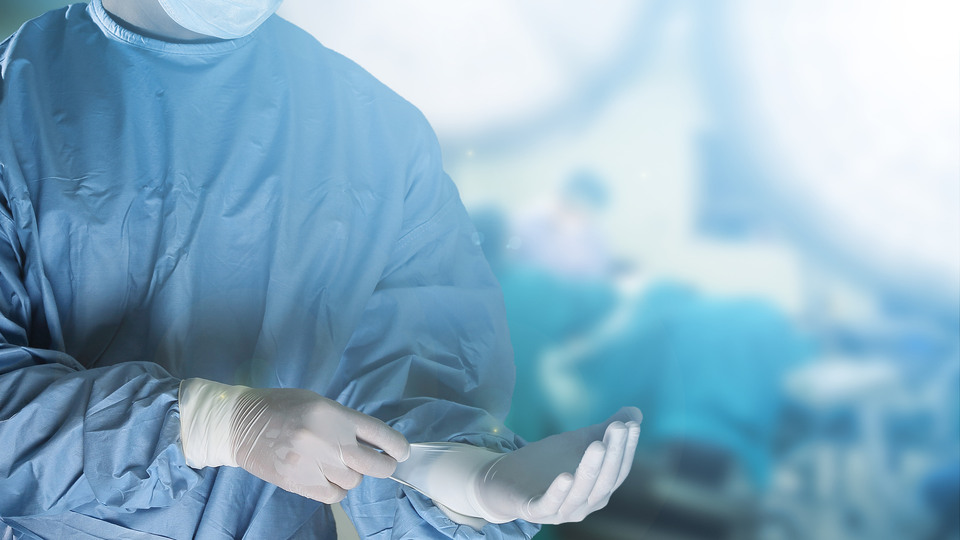
More secure recycling of plastic in healthcare
In a new joint research project, IVL and Trioworld will in collaboration develop a method to assess and ensure the sterilisation properties of the recycling process of plastic. The goal is to verify that even classified healthcare plastic waste can be recycled safely in the future.
“There’s a great potential in recycling more of the plastic used in the healthcare sector, or in using plastic in so-called closed loops, which means that the plastic is recycled multiple times for the same application while maintaining the quality of the material. But we need to ensure that the recycled products are safe to use and meet the hygiene requirements applicable in healthcare,” says Alexandra Maria Almasi, Project Manager at IVL Swedish Environmental Research Institute.
In 2021, Trioworld, active in the field of sustainable plastic film solutions, conducted a pilot project in collaboration with a large hospital to assess the collection and recycling of unclassified protective aprons. The project collects used protective aprons which are sorted and melted and then used in the production of new plastic film and made into new protective aprons. The ambition has been to create a circular flow to reduce the use of virgin raw materials and the impact on the environment.
Trioworld has built a fully automated production line for aprons and can currently produce 230 million protective aprons per year, as well as approximately 10 million plastic protective gowns. According to a life cycle analysis completed for the company, recycling of the plastic products can reduce carbon dioxide emissions up to 60 percent depending on the distance to a collection point, sorting, cleaning, and the technique used.
In the new independent research project that IVL will carry out together with Trioworld, a method will be developed to ensure and evaluate the sterilisation properties in the recycling process of plastic. The project will work with the plastic materials used in the production of single use aprons (LDPE) and build further on the work carried out by Trioworld in their pilot project in Stockholm.
In consultation with external experts, IVL will develop a method to verify the sterilisation property of the process. Tests will then be carried out in a lab and at two of Trioworld's sites in Sweden, to establish process parameters that will form the foundation for a new standard covering the sterilisation evaluation methodology. This method and the standard can then be used by many players in the plastic industry.
The Trioworld pilot project has received great commitment and a lot of interest from other hospitals and regions. Swedish regions are discussing how to achieve a more sustainable use of plastic in the healthcare sector, both by reducing use of materials as well as increasing the recycling of materials.
“Product safety always comes first. By ensuring the recycling of classified waste, we will be able to recycle a larger proportion of the plastic used in the healthcare sector.” says Kristin Geidenmark Olofsson, Director Regulatory Affairs and Strategic Innovation at Trioworld.
According to a survey on the use of plastic in Sweden, more than 800 million single use products are used in the healthcare sector every year. Currently, most of this plastic is incinerated after use.
For more information, contact:
Alexandra Almasi, alexandra.almasi@ivl.se , + 46 (0)10-7886726
Kristin Geidenmark Olofsson, kristin.olofsson@trioworld.com , +46 (0)70-643 79 13
